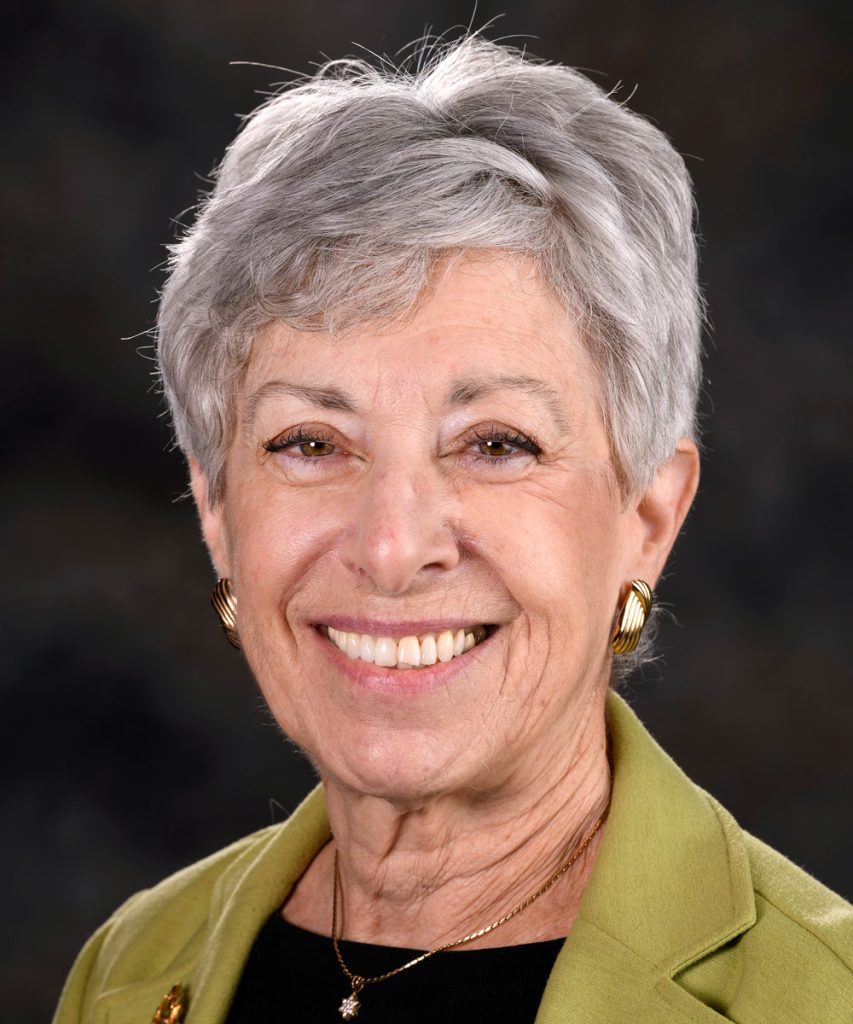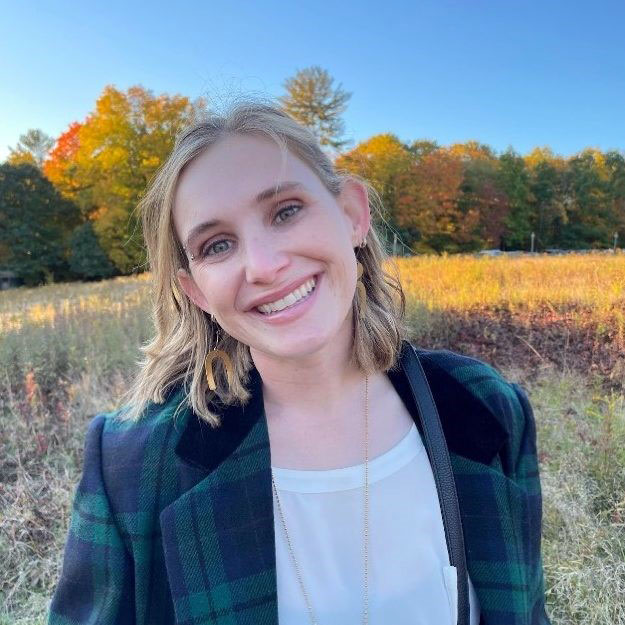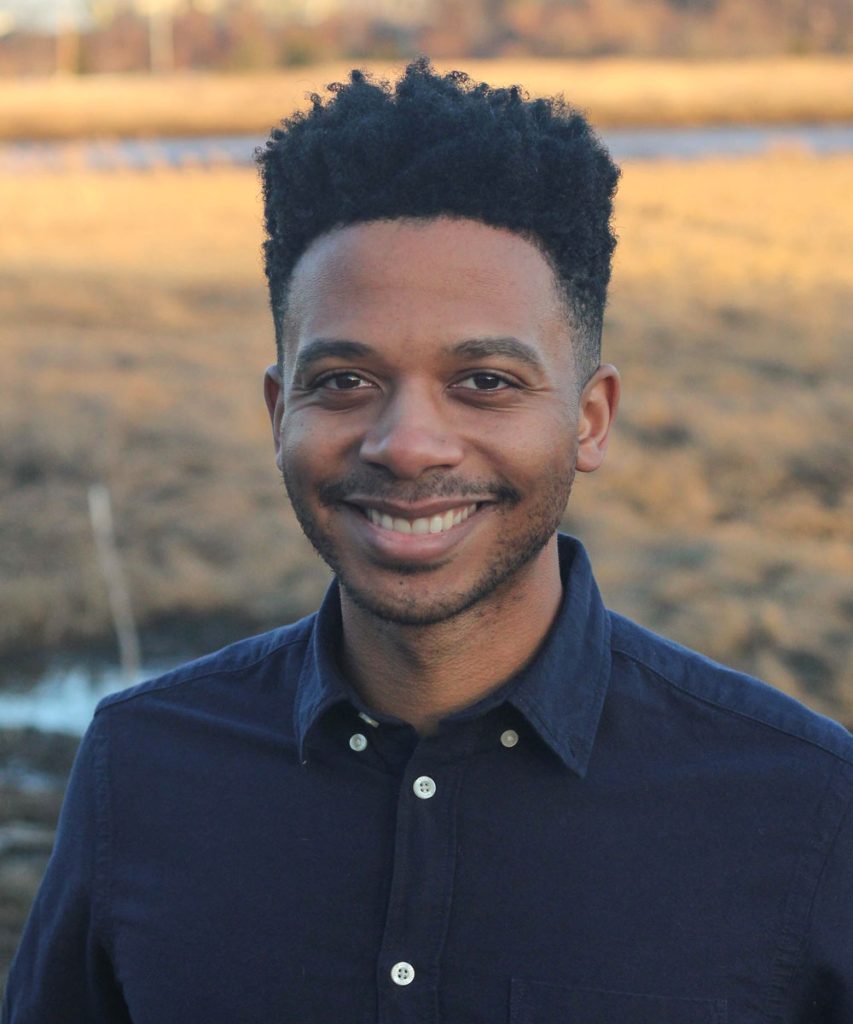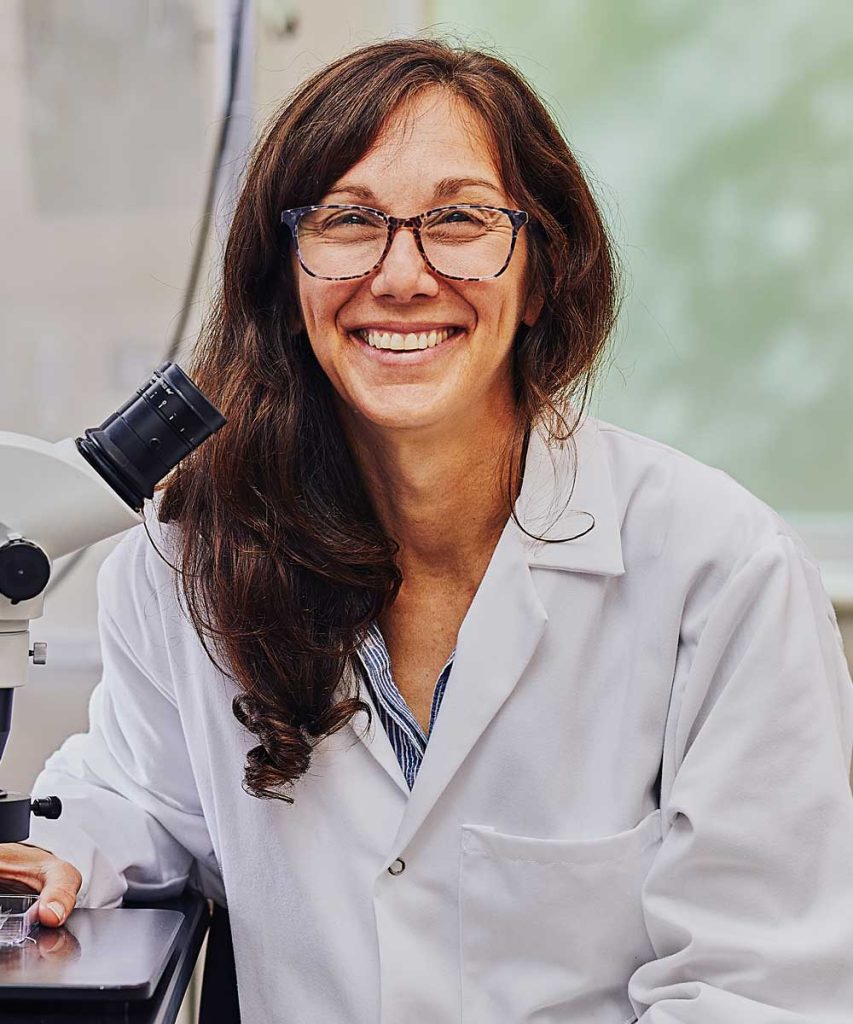Recordings and slides from ECEC24 will be available to the public summer 2024.
Keynote Presentations
Linda S. Birnbaum – former Director, National Institute of Environmental Health Sciences (NIEHS) of the National Institutes of Health and the National Toxicology Program (NTP)

Biography: Linda S. Birnbaum, Ph.D., D.A.B.T., A.T.S. is the former Director of the National Institute of Environmental Health Sciences (NIEHS) of the National Institutes of Health, and the National Toxicology Program (NTP). As a board-certified toxicologist, Birnbaum served as a federal scientist for 40 years. Prior to her appointment as NIEHS and NTP Director in 2009, she spent 19 years at the U.S. Environmental Protection Agency (EPA), where she directed the largest division focusing on environmental health research. After retirement, she was granted scientist emeritus status and still maintains a laboratory. Birnbaum’s research focuses on the pharmacokinetic behavior of environmental chemicals, mechanisms of action of toxicants including endocrine disruption, and the linking of real-world exposures to health effects. A native of New Jersey, Birnbaum received her M.S. and Ph.D. in microbiology from the University of Illinois at Urbana-Champaign.
PFAS are everywhere, in everything, and in all of us, as well as all wildlife. They are environmentally persistent, mobile, bioaccumulative, and toxic. There are >15,000 different PFAS and very few have any testing. Many PFAS are in polymers which actually represent ~80% of PFAS in the environment. Polymers have to be made from PFAS and break down to release PFAS. PFAS are incredibly useful, and lucrative. However, not all uses are essential and there are alternatives for many uses. More research is needed to find alternatives to essential uses such as in certain pharmaceuticals. And more research is needed on remediation and recovery of existing PFAS from waste streams for potential essential use. Little attention has been paid to the ultra-short chain PFAS which actually are major contributors to the environmental load. A class approach is essential as there is no way, time, or money to test thousands of PFAS. And while restrictions in the use of the legacy long-chain PFAS have resulted in reduction in human blood levels, environmental levels continue to rise.
Kaytee Canfield – Social Scientist, U.S. Environmental Protection Agency

Biography: Dr. Kaytee Canfield is a social scientist at the U.S. Environmental Protection Agency’s Office of Research and Development in the Office of Science Advisor, Policy, and Engagement. They are a qualitative social scientist by training and lead translational science efforts to improve partner-engaged environmental and public health research approaches, communication, and engagement. In the past, her work has focused on inclusive science communication, engagement in water quality research, and justice in tourism development.
Scientists work every day to answer major questions and tackle the complex challenges of our modern world. The way scientists’ findings related to these questions are communicated, however, is often in scientific publications, focused on a highly academic, and discipline-specific audience. Inclusive science communication takes an equity-centered approach that asks how the science is relevant to the impacted actors or intended audience before deciding how to communicate. Relatedly, translational science looks at how research efforts have engaged with partners and communities to answer their priority environmental and public health questions and identifies ways to improve the engaged research processes. Together, translational science and inclusive science communication can make research more accessible and usable. This talk will discuss the science of science communication and how a translational science approach can improve the impact of scientific research beyond the impact factor measured by a journal.
Jahred Liddie – Doctoral Candidate, Harvard T.H. Chan School of Public Health

Biography: Jahred Liddie is a doctoral candidate in Population Health Sciences in the Environmental Health Department at the Harvard T.H. Chan School of Public Health. He is a member of the Biogeochemistry of Global Contaminants Lab, led by Prof. Elsie Sunderland. His doctoral research focuses on sociodemographic disparities in drinking water contamination by per- and polyfluoroalkyl substances (PFAS), temporal trends in PFAS drinking water contamination, and implications for population health due to widespread PFAS exposures.
Jahred is originally from central New Jersey. Before starting graduate school, he was a sustainability consultant at Sphera (formerly thinkstep), where he primarily conducted environmental life cycle assessments. He received his B.A. in Environmental Sciences and Engineering from Harvard College and his M.S. in Environmental Health from the Harvard T.H. Chan School of Public Health.
Per- and polyfluoroalkyl substances (PFAS) pose significant public health concerns due their persistence, mobility, ubiquity, and numerous identified health effects. However, our knowledge regarding their potential disparate environmental health impacts—both in terms of human exposure and health effects—is limited. Using data from over 7,000 U.S. community water systems, I will discuss our recent research, which documented sociodemographic disparities in PFAS contamination. Updates to our understanding of the spatial relationships between sources of PFAS contamination and PFAS concentrations in drinking water will be presented. Finally, existing data gaps to broadening and deepening our understanding of the environmental justice ramifications of PFAS contamination will also be discussed.
Chelsea Rochman – Assistant Professor, University of Toronto

Biography: Chelsea Rochman is an Assistant Professor in Ecology at the University of Toronto and co-founder of the U of T Trash Team. Chelsea has been working on the topic of plastic pollution for 15 years and has won awards for her research – e.g., Sloan Research Fellowship, NSERC Arthur B. McDonald Fellowship. Chelsea received her Ph.D. in Ecology from UC Davis and San Diego State University. In addition to her research, Chelsea routinely advises local, federal and international governmental bodies on policies related to plastic pollution.
Microplastic debris is accumulating in ecosystems across the globe. As concern rises around the risks of microplastics in valued ecosystems, more studies have documented the presence across aquatic ecosystems globally and the toxicity based on laboratory and field experiments. Plastic pollution has been reported in sediments and ambient waters across rivers, lakes and oceans. In addition, risk assessment frameworks suggest some species may be at risk. As a result, government agencies are seeking information about how and when to act. In the State of California, bills have been passed which mandate methods for monitoring, as well as risk assessment and management frameworks. In the Laurentian Great Lakes region, managers are exploring whether to include microplastics as a “Toxic Chemicals” subindicator under Annex 10 of the Great Lakes Water Quality Agreement. This talk will: 1) share research demonstrating the need for monitoring and risk assessment frameworks; 2) share the tools created by working groups in California and the Great Lakes region to inform monitoring and risk assessments; and 3) share their widespread applicability across the globe.